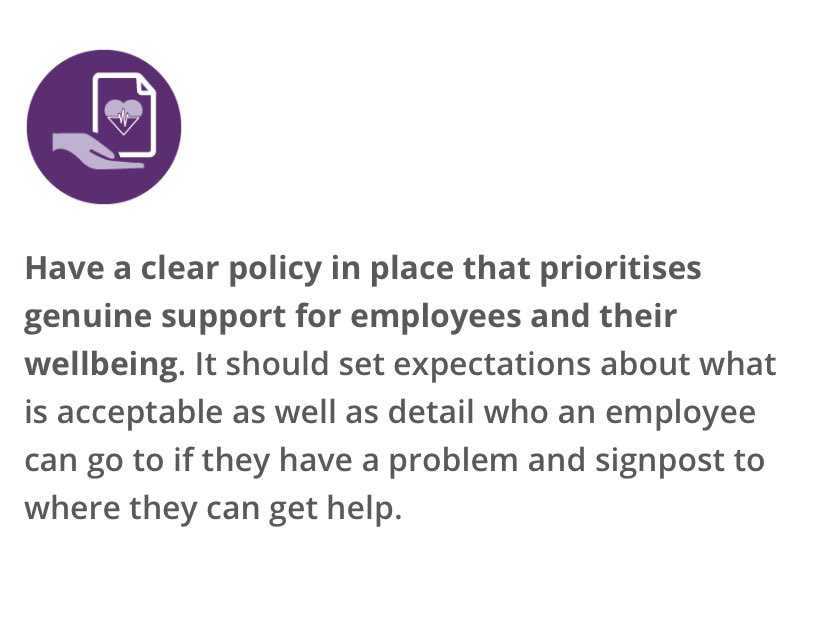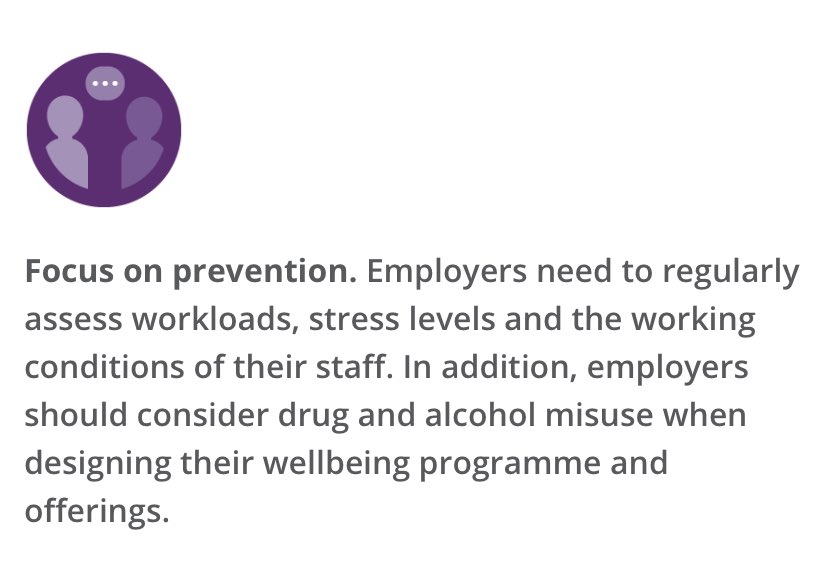
In July 2020 I was disciplined by my 1* and 2* boss for challenging a 3* letter on the issue of racism.
In my 12 line email I urged us to move beyond activity, activism, process and hubris and immerse ourselves in the everyday where mistakes occur.
A 🧵on Op Teamwork eve.
In my 12 line email I urged us to move beyond activity, activism, process and hubris and immerse ourselves in the everyday where mistakes occur.
A 🧵on Op Teamwork eve.
First it’s a profoundly good thing we have problem recognition.
The Army finds it hard to act proactively on these issues, often needing an external crisis (oversight) or internal crisis (confidence/discontent) to move.
That’s the first thing to fix (return to this later)
The Army finds it hard to act proactively on these issues, often needing an external crisis (oversight) or internal crisis (confidence/discontent) to move.
That’s the first thing to fix (return to this later)
Having had problem recognition
and the acknowledgement for the need for change
where are we then on these two graphs?
More importantly Teamwork needs to be part of this journey.

and the acknowledgement for the need for change
where are we then on these two graphs?
More importantly Teamwork needs to be part of this journey.
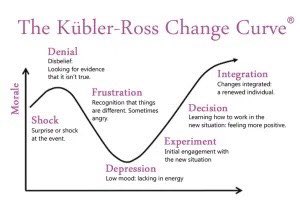
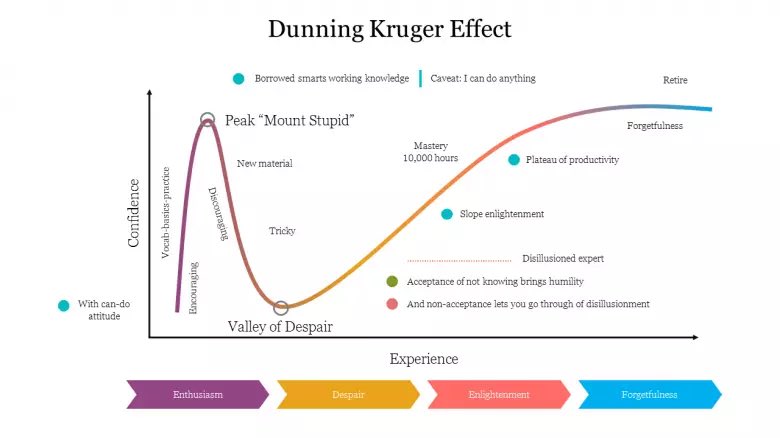
We should be honest too.
We KNOW:
- what unacceptable behaviours are
- the themes that undermine our ethos, values and standards
- venues where abuse takes place
- aggravating factors behind abuse
- in some cases the people at risk of committing & protecting abuse(rs).
We KNOW:
- what unacceptable behaviours are
- the themes that undermine our ethos, values and standards
- venues where abuse takes place
- aggravating factors behind abuse
- in some cases the people at risk of committing & protecting abuse(rs).
But there are things we are a blind to.
In particular:
- adverse childhood experiences
- impulse control
- other risk factors we import through recruitment
All of which can can create behaviours and patterns that risk our V&S.
Lots of research on this - more 👂 required.
In particular:
- adverse childhood experiences
- impulse control
- other risk factors we import through recruitment
All of which can can create behaviours and patterns that risk our V&S.
Lots of research on this - more 👂 required.
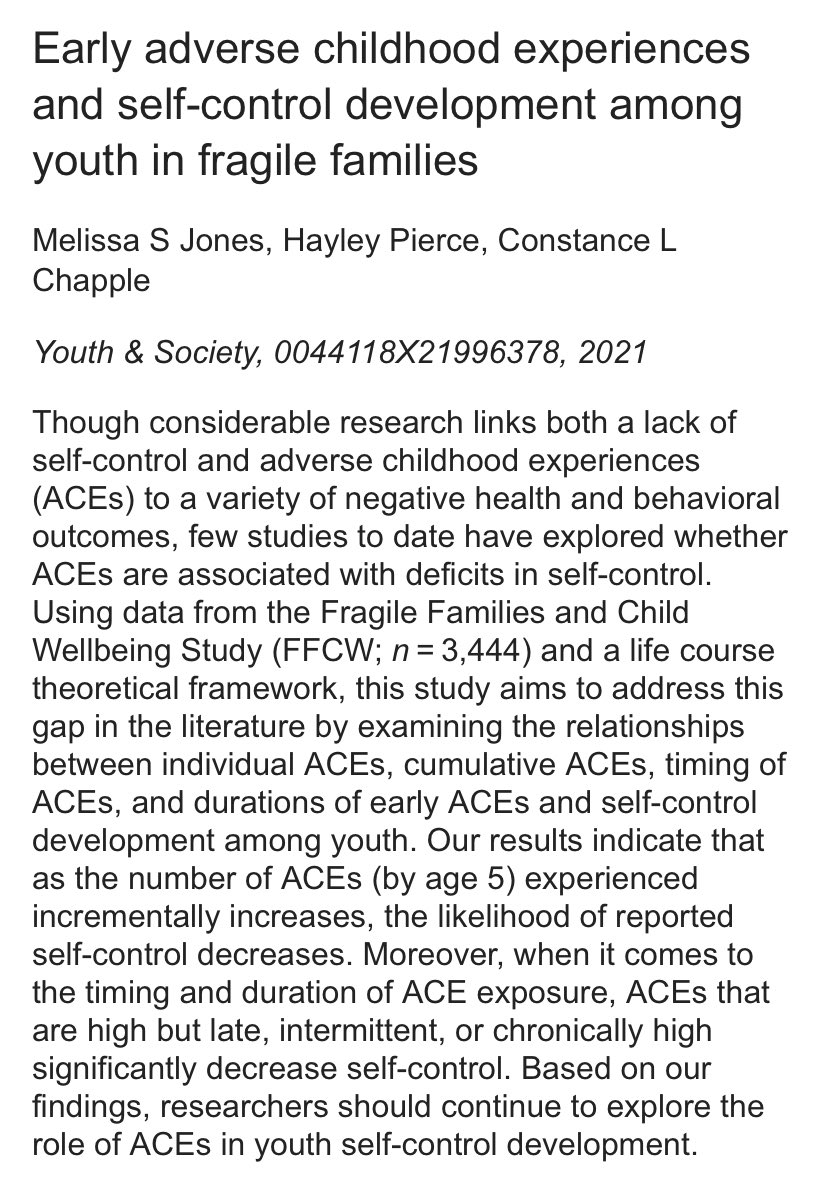
We need to tackle the social contract in the Army.
“We expect a higher standard”
“Work hard be rewarded”
“Break the rules = consequence”
“The system” be it MS, career outcomes, discipline, admin action, or criminal - doesn’t meet expectations.
Often people “get away with it”
“We expect a higher standard”
“Work hard be rewarded”
“Break the rules = consequence”
“The system” be it MS, career outcomes, discipline, admin action, or criminal - doesn’t meet expectations.
Often people “get away with it”
Problem with our social contract is a say for gap between transgressions against V&S and outcomes.
We send Generals to prison for fraud
We fine people (heavily) for losses of equipment
But what do we do for bullying, harassment, safeguarding fails?
How do we support victims?
We send Generals to prison for fraud
We fine people (heavily) for losses of equipment
But what do we do for bullying, harassment, safeguarding fails?
How do we support victims?
So what to do?
Four sins that need to end:
Confusing activity for success
Celebrating process rather than accomplishment
Top down, alienated driven change (see @NikGowing thesis)
Decision and change paralysis by perception of “risk”.
Four sins that need to end:
Confusing activity for success
Celebrating process rather than accomplishment
Top down, alienated driven change (see @NikGowing thesis)
Decision and change paralysis by perception of “risk”.
If that’s diagnosis what’s the prognosis?
Not for me to opine on
I genuinely think that’s for the organisation and community to define.
From the bottom up
I’m part of the problem, a 20yr experienced white middle class combat arm male.
Here are some proximate actions tho.
Not for me to opine on
I genuinely think that’s for the organisation and community to define.
From the bottom up
I’m part of the problem, a 20yr experienced white middle class combat arm male.
Here are some proximate actions tho.
Proximate actions (1)
- Fix complaints system and victim support
- Ack we import many risk factors, across the ranks, into the Army - provide appropriate mitigations beyond MATTs
- Anchor Senior Leaders to contexts and experiences beyond their own on the Army and more widely.
- Fix complaints system and victim support
- Ack we import many risk factors, across the ranks, into the Army - provide appropriate mitigations beyond MATTs
- Anchor Senior Leaders to contexts and experiences beyond their own on the Army and more widely.
Proximate actions (2)
- don’t hide behind “reputation of the Army/Regt/RMAS/Trg comes first - that actually promoted worse behaviour (people obscure and protect)
- promote and establish radical transparency based on data
- use data (service complaints etc) as focus for change
- don’t hide behind “reputation of the Army/Regt/RMAS/Trg comes first - that actually promoted worse behaviour (people obscure and protect)
- promote and establish radical transparency based on data
- use data (service complaints etc) as focus for change
Proximate Actions (3)
- close say do & cognitive dissonance gaps with transparency, data and accountability.
- stop “managing people out”. It’s Victorian, everyone knows we’re doing it, eats away at the very thing you’re trying to protect
- admit challenge culture needs work.
- close say do & cognitive dissonance gaps with transparency, data and accountability.
- stop “managing people out”. It’s Victorian, everyone knows we’re doing it, eats away at the very thing you’re trying to protect
- admit challenge culture needs work.
Proximate Actions (4)
- believe complainants; particularly women
- improve standard of investigations if it’s too difficult bring in externals
- implement, with vigour, what we KNOW from Artherton, Wigston and Climate Assessments.
DON’T FALL BACK ON PROCESS STRATEGY & POLICY
- believe complainants; particularly women
- improve standard of investigations if it’s too difficult bring in externals
- implement, with vigour, what we KNOW from Artherton, Wigston and Climate Assessments.
DON’T FALL BACK ON PROCESS STRATEGY & POLICY
Last I just want us to consider 3 things.
It’s interesting what we have “zero tolerance” for and what that actually delivers
Positive drug test? Out the door in days
Is that a lesser or greater crime or risk to our people than bullying, misogyny, racism or harassment/assault?
It’s interesting what we have “zero tolerance” for and what that actually delivers
Positive drug test? Out the door in days
Is that a lesser or greater crime or risk to our people than bullying, misogyny, racism or harassment/assault?
Second what is “diversity” and what is “risk”.
Some seniors (1*s and above) I think are too intimidated by downside risk to take action.
We’re an *intensely* normative conformist and conservative org.
Diversity is vital beyond visible characteristics for an inclusive culture.
Some seniors (1*s and above) I think are too intimidated by downside risk to take action.
We’re an *intensely* normative conformist and conservative org.
Diversity is vital beyond visible characteristics for an inclusive culture.
Third (and last I promise)
We have indicators and warnings for things like injuries (Heat/NFCI) accidents (RTAs) and health factors.
We need similar data points for complaints, behaviours and offences and appropriate follow up actions.
A CO had 30+ complaints.
He promoted.
We have indicators and warnings for things like injuries (Heat/NFCI) accidents (RTAs) and health factors.
We need similar data points for complaints, behaviours and offences and appropriate follow up actions.
A CO had 30+ complaints.
He promoted.
To summarise we don’t always need big muscular actions.
Sometimes we just need to follow what we KNOW needs doing.
We need to talk about GROWTH not fixes or breakages
and we need to bleed a bit (accountability) before this gets better.
I wish you all well with it.
Sometimes we just need to follow what we KNOW needs doing.
We need to talk about GROWTH not fixes or breakages
and we need to bleed a bit (accountability) before this gets better.
I wish you all well with it.
*Full disclosure I wrote to the D&I Team at Army HQ with some thoughts on this on how I think we could and should change.
@threadreaderapp unroll please
• • •
Missing some Tweet in this thread? You can try to
force a refresh






